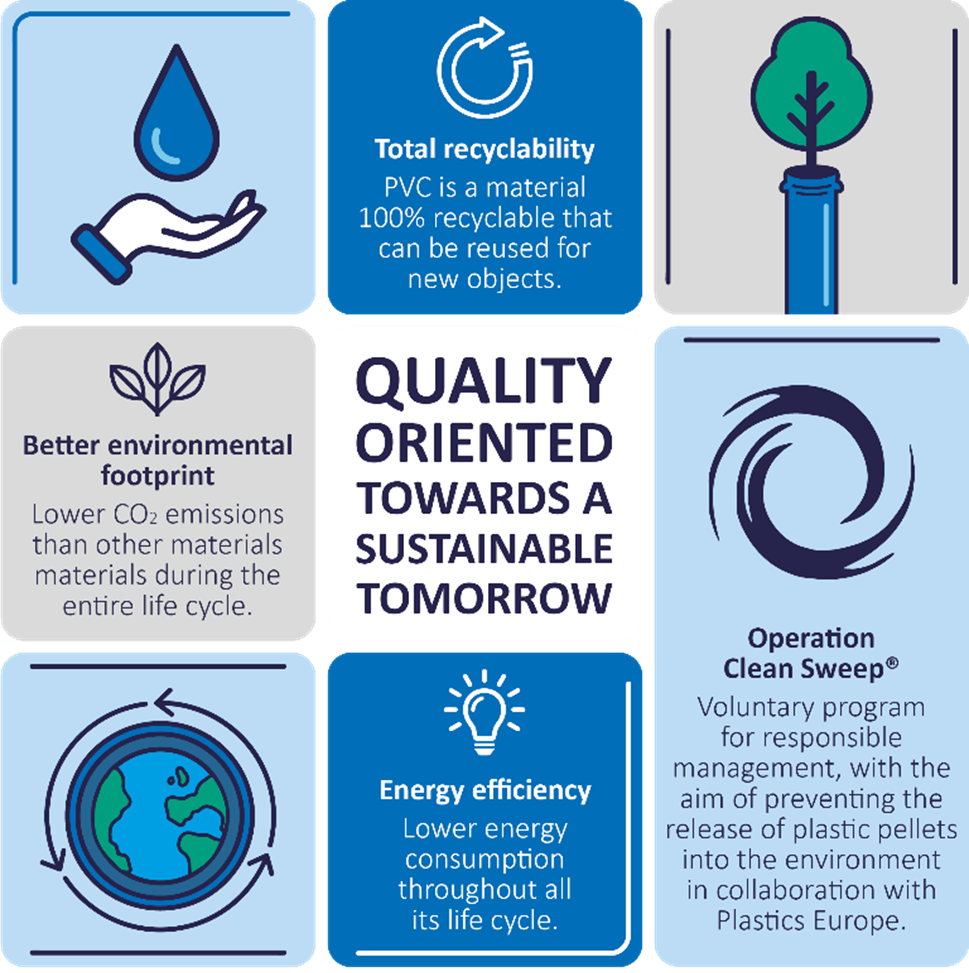
The industry environmental impact is one of the central issues in the climate change debate. Governments around the world are taking action, developing awareness-raising initiatives, and implementing regulations and associated legislation to promote an improvement in the impact of products placed on the market in order to achieve sustainable development.
In this way, MyHIJAU is Malaysia’s official green labelling scheme endorsed by the government of Malaysia, bringing together certified green products and services that meet local and international environmental standards under one single mark. Denoting compliance with global environmental standards, the MyHIJAU Mark is a consolidation of regional and international green certifications. This is a simple and clear way for consumers to distinguish genuine green products and services through the usage of a single, trusted logo, called the MyHIJAU Mark reference.
Companies are therefore developing new materials and optimizing their manufacturing processes to reduce their carbon footprint. Molecor has implemented these values in its working philosophy since its conception and this has enabled the development of oriented PVC products with unique air-based technology, a new solution for the creation of improved and more sustainable piping networks.
TOM® PVC-O pipes have been recognized with the MyHIJAU label due to the different characteristics that make them more sustainable pipes than other alternatives. They are less dependent on petroleum than other polymers (only 43% of their composition, the rest comes from common salt), they have a very long useful life, they have a 100% recyclable material and depending on their function it is not necessary to use heavy metals as stabilizers.
Among the most common uses of PVC are long-life applications, the construction sector alone already accounts for more than 55% of production and 64% of its applications have a lifetime of between 15 and 100 years. This is one of the reasons why only 0.7% of municipal solid waste consists of PVC products.
The environmental impact of a pipe system depends on its composition and application. The factors that determine the efficiency over the whole life cycle of a pipe are mainly: the type of raw material used, the production process, the state of the product and its service life. Oriented PVC pipes and fittings are the most ecological solution of those available on the market, given their optimized energy consumption throughout their long-life cycle, the greenhouse gas emissions to the atmosphere are fewer and, therefore, they have a lower carbon footprint than alternative materials, thus having a lesser impact on climate change.
Additionally, it has also been proven that the environmental impact they show, not only in global warming, but also in other environmental impacts such as the destruction of the ozone layer, is also lower than other alternatives.
As an added value, Molecor goes one step further to reduce the carbon footprint during the production process of its TOM® PVC-O pipes and ecoFITTOM® PVC-O fittings thanks to the use of technology that applies an exclusive orientation system based on air instead of water and this way optimizes the consumption of energy resources during production.
Creating a more sustainable future is everyone's responsibility, which is why it is important that all sectors work to improve and reduce their polluting emissions. Molecor's commitment drives the company to continue creating PVC-O products and expanding its range to offer more efficient and environmentally friendly solutions for water conveyance.
This commitment goes beyond the manufacture of pipes and fittings and for this reason Molecor has also developed tools such as the geoTOM® app to geolocate and digitize piping networks to facilitate the incorporation and visualization of technical information about the installed pieces, thus obtaining complete traceability of the same. This use of new information technologies for the digitization of water transport networks makes it possible to increase the efficiency of the network, reduce supply losses and contribute to sustainable development.
